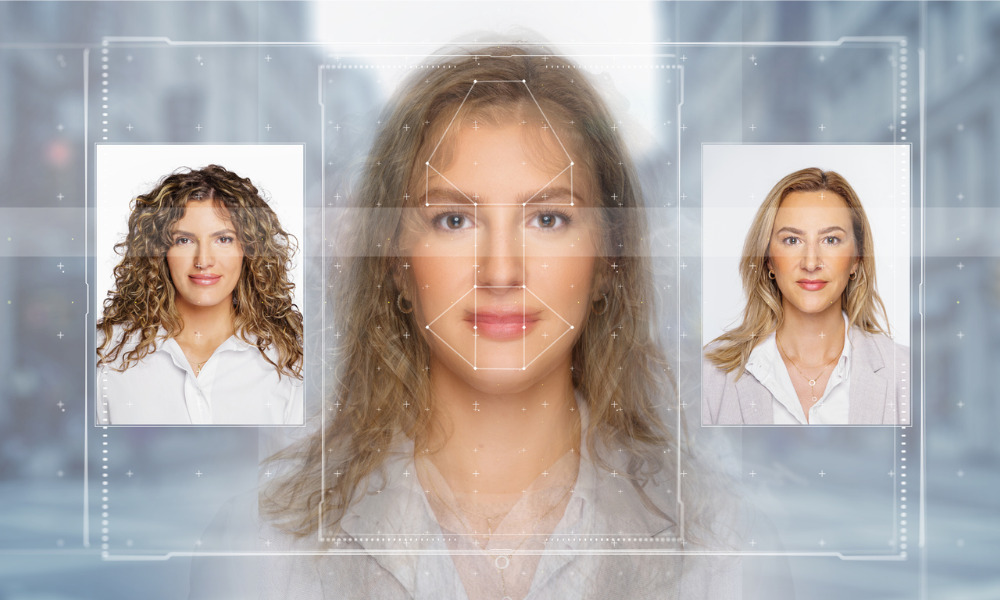KPMG in Canada report shows firms already targeted are very concerned

With fraud already high on the agenda for Canadian companies and investors, the additional risk posed by artificial intelligence is growing.
Generative AI’s ability to create ever more convincing deepfakes means fraudsters gain better ability to create corporate misinformation and disinformation campaigns, warns a new survey from KPMG in Canada.
"Respondents overwhelmingly told us the fraud landscape is becoming more complex, with 95% saying generative AI and social engineering scams make it easier for fraudsters to deceive, manipulate, misrepresent and conceal their crime,” said Enzo Carlucci, National Forensic Leader at KPMG in Canada.
The poll focused on 300 Canadian organizations that have been victims of fraud including 31% who have faced false or misleading information on social media spread by external sources.
While burgeoning technologies may provide the tools, the motivation for committing fraud are also considered in the survey. More than eight in ten respondents said that current economic conditions could potentially drive their employees or their customers to commit fraud out of desperation.
While 31% of respondents said they are currently dealing with an external fraud – such as payment fraud, misinformation campaigns, or account takeover or identity fraud - 43% are currently dealing with internal fraud such as embezzlement, theft of data or personal information, or fraud related to ESG or procurement.
Fraud detection and prevention
Most of those taking part in the poll felt that the increase in remote working adds risk due to reduced ability to monitor and control fraudulent activity.
And the cost of being a fraud victim is significant with 53% reporting that their company lost 1-5% of their profits to fraud in the past 12 months, 35% lost up to 1%, and 7% suffered losses over 5%. Only 4% that were impacted by fraud didn't suffer any loss.
On the plus side, three quarters of respondents said they have a fraud detection program. However, only 39% said it was extremely effective. Fewer said they have a fraud prevention program (53%) and confidence in it was in line with that for detection programs.
"It's encouraging to see organizations starting to use technology to deter fraud, but not enough of them are," says Marilyn Abate, a partner in KPMG's Forensic and Financial Crimes practice. "Companies need to use AI to fight AI. These tools are fast-becoming essentials in the fraud toolkit to prevent fraudsters from gaining the upper hand. But if you don't perform regular fraud risk assessments to identify external and internal risks and vulnerabilities, you will always be at a disadvantage."




